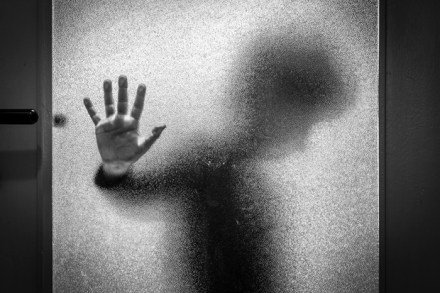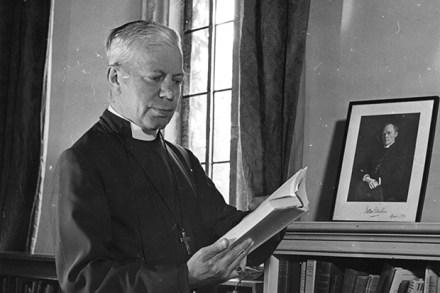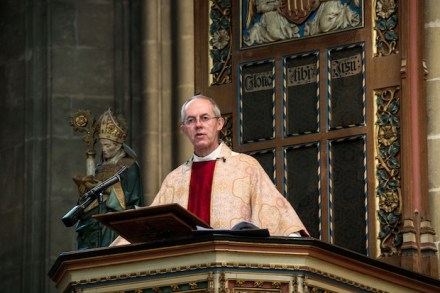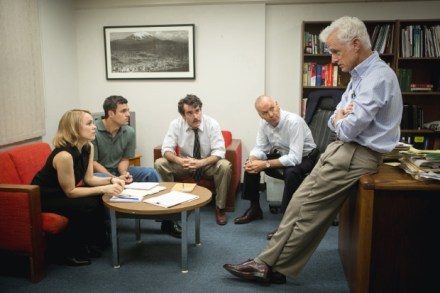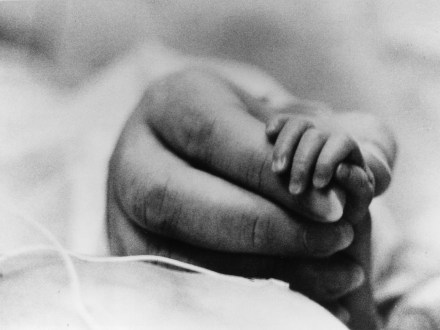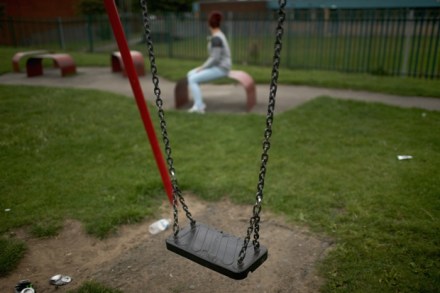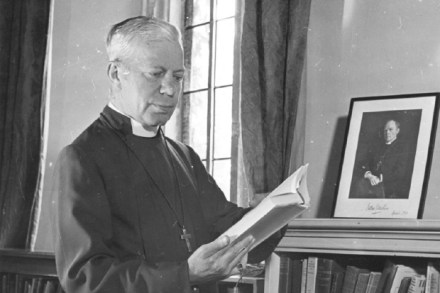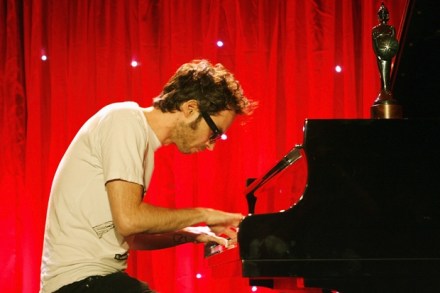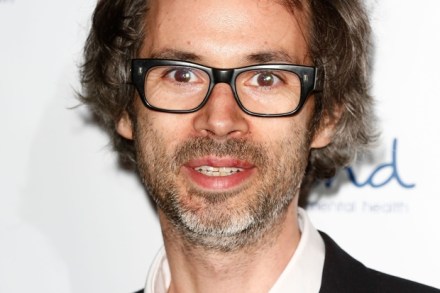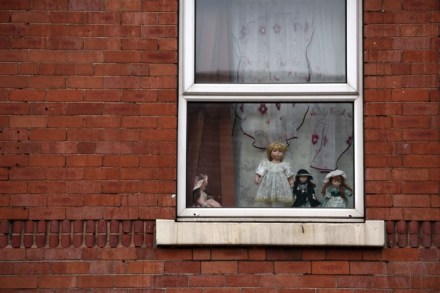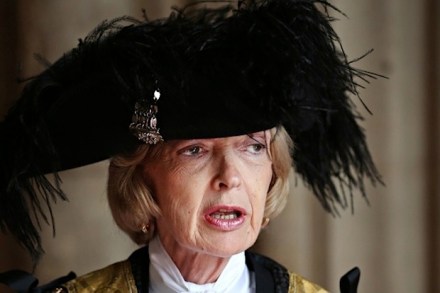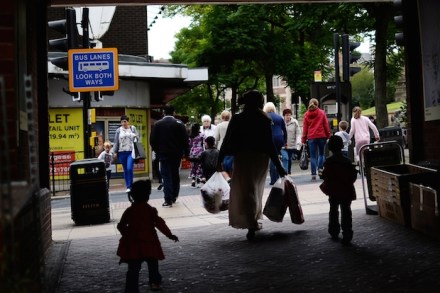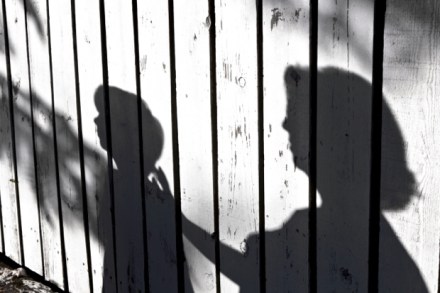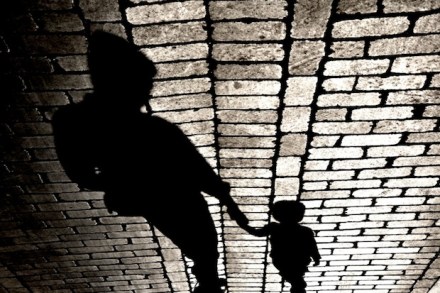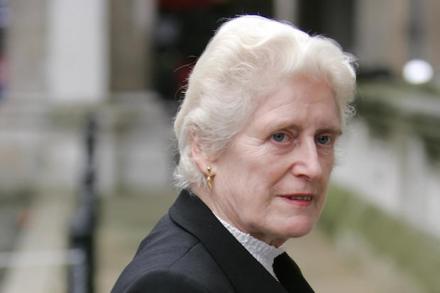Abuse of justice
It’s easy to forget that laws are supposed to do something useful. Legislation is increasingly press-release law, which makes everyone feel good but causes havoc when applied to the real world. Take the mad, bad idea about to go out for consultation: ‘mandatory reporting’ will make it a crime for child and health professionals to fail to report signs of child abuse to the local authority. This would allow David Cameron to be seen to make a stand against child abuse, and which politician doesn’t want that? But what a mess it will make. Failure to report signs of abuse could be punishable by up to five years in prison.
